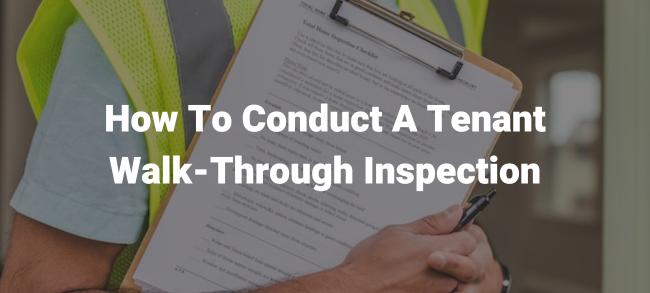What to do if the Security Deposit Doesn’t Cover Unpaid Rent

Besides rent, a common move-in cost for tenants is a security deposit. Collecting a security deposit helps protect landlords against financial liabilities that may arise due to a tenant’s negligence or carelessness.
Normally, security deposits are refundable at the end of the lease term so long as the tenant abides by the terms of the agreement. But, what do you do if your tenant fails to uphold their end of the bargain? Suppose, they move in with their partner, move to another town to be closer to work, or simply want to downsize.
In such cases, the security deposit may not be sufficient to cover unpaid rent. The following are tips on what to do in this event:
Notify Your Tenant
This is the first course of action you should take before withholding your tenant’s security deposit. In Florida, the law requires that landlords inform their tenants within 30 days after the tenant moves out. If you fail to do this, you may forfeit your right to make any deductions to your tenant’s deposit.
In your notice to the tenant, you must state two important things. You must list your reasons for wanting to withhold the tenant’s deposit, and inform them that they have 15 days from receiving your notice to contest your claim. Furthermore, you must send the written notice to the tenant by certified mail. It’s your tenant’s responsibility to provide you with their forwarding address.

If the tenant chooses not to object to the claim, you’ll have 30 days to return the remainder of the deposit. However, if the tenant does object to the claim, either party can move to court. The party that receives a favorable ruling will then be awarded the court-ordered sum, in addition to receiving reimbursements for court costs and attorney fees from the losing party.
Send Your Tenant a Demand Letter
This is another option you may pursue if your tenant’s security deposit doesn’t cover unpaid rent. For the demand letter to be effective, there are a couple of things that you must do.
For starters, be polite. While it’s natural to be upset by missed payments as rent is necessary to see returns on your rental investment, you must avoid any personal attacks on the tenant. Furthermore, as the landlord, you must always be direct. If the tenant owes you $2,000, ask them for that amount. You can also let your tenant know that you may pursue legal action against them if they fail to meet your demands.
Consider Moving to Court
If your tenant chooses to respond to your demand letter and pays the overdue rent, then you don’t need to take further action. However, if they choose to ignore your notice, a small claims court may be your only solution.
Of course, the court will allow each party to present their case before making a final decision. If the judgment is in your favor, your tenant will be ordered to pay the rent owed plus the costs associated with the suit.

Proceeding to court has its downsides, however. The following are some reasons why you may want to consider other options:
- The court process can be time-consuming - Preparing for the case, organizing evidence, conducting the research, and attending the hearing can be a lengthy process that can take you away from your other tasks.
- There is a risk of losing money - You’ll need to pay a fee when filing the case with a small claims court.
- Collecting the money owed may not be easy - Even after winning a case, you may not be paid immediately. If your tenant doesn’t have the funds on hand, you’ll need to continue with the case or wait until they have money available.
- You may have insufficient evidence - To win your case, you’ll need to have proper and comprehensive evidence against the tenant.
- Your tenant may take legal action against you - Before taking your claim to court, make sure that you have acted per the law. If you haven’t your tenant may retaliate by countersuing you.
Tips to Prevent Your Florida Rental Property from Getting Damaged
There are a few things you can do to keep your rental property safe from negligent tenants.
Only Rent to Tenants that have Undergone the Screening Process
Don’t take chances with your tenants. The best way to prevent renting to a problem tenant is by implementing a thorough tenant screening process.
An effective tenant screening process examines a tenant based on their:
- Criminal background
- Eviction history
- Monthly income
- Employment history
- Creditworthiness

Document the Property’s Condition Before the Tenant Moves Out
This process is also known as a walk-through inspection. While Florida tenants don’t have a legal right to request one before moving out, it’s beneficial for landlords to conduct walk-through inspections. This enables landlords to document the property’s condition relative to the move-in state.
Inspect Your Property Regularly
However good your tenant may be, no one else will care for your property like you would. So, make sure you monitor your property regularly. Ideally, you should conduct the inspections at least four times a year.
Additionally, your lease should mention the specific times you’ll inspect the unit. Before making any entry, make sure to notify your tenant. Florida law requires landlords to provide their tenants a notice of at least 12 hours before entry.
Summary
Renting out a property carries a certain level of risk, including nonpayment of rent. The best way to mitigate these risks is by hiring an experienced property management company. Advantage Realty Services has decades of real estate experience in Tampa, Florida. Get in touch with us today to learn more about our services!








